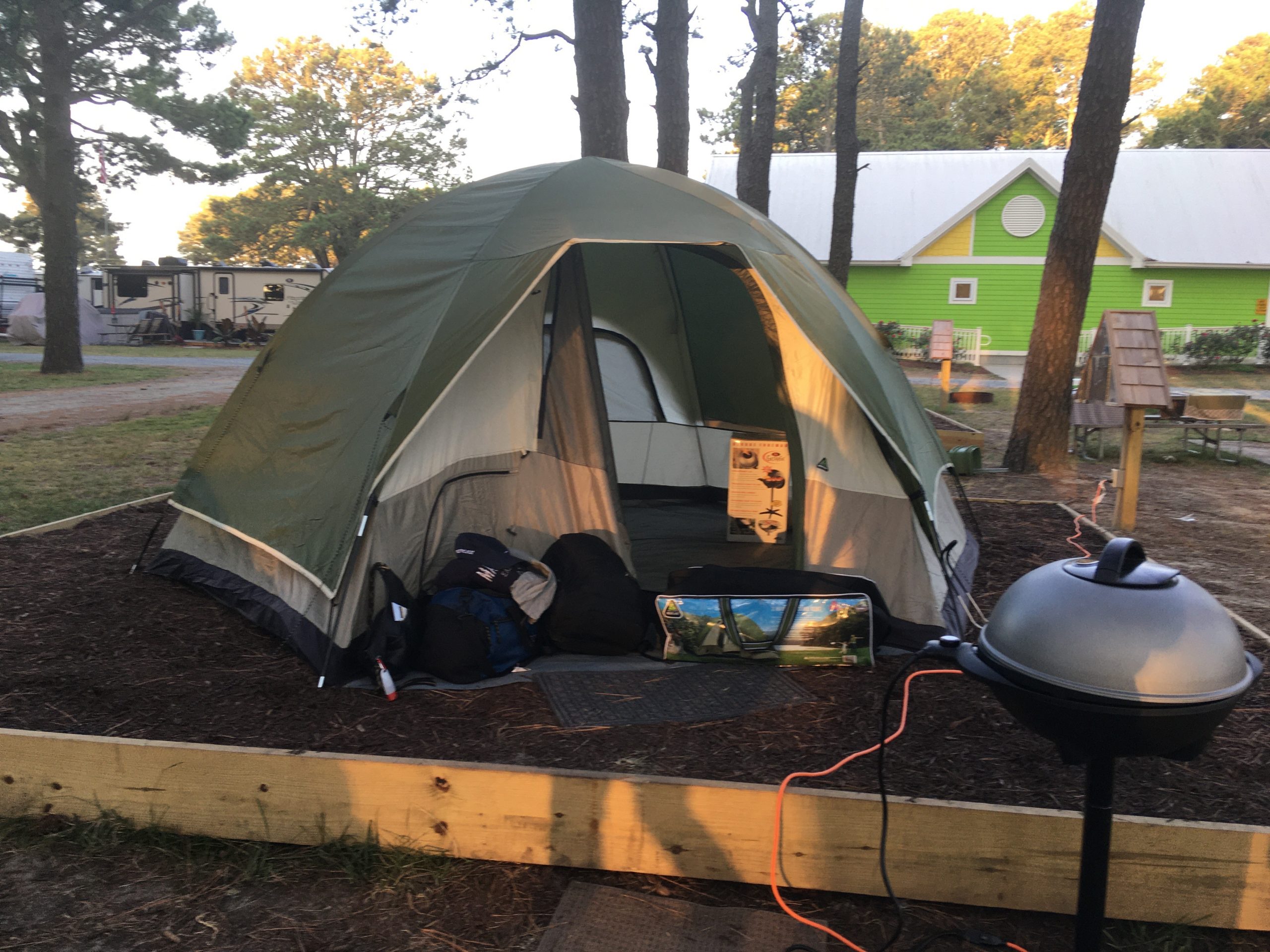Black Travel

Perhaps travel cannot prevent bigotry, but by demonstrating that all peoples cry, laugh, eat, worry, and die, it can introduce the idea that if we try and understand each other, we may even become friends.
— Maya Angelou
This collection of Black Travel stories brings to life the full narrative of Black history and heritage through the lens of travel. Here, we share the journeys, perspectives, and voices of Black travelers who explore the world with curiosity and resilience. Each story captures the unique challenges and joys Black travelers experience, from discovering places of cultural significance to navigating complex racial dynamics across different borders.
Through these narratives, readers will see Black history illuminated as travelers connect with diasporic communities, visit historic sites, and uncover stories often overlooked in traditional travel narratives. World Footprints is proud to amplify these voices, offering insights and inspiration that reflect the richness of the Black traveler’s journey. This category stands as a testament to the power of travel to bring understanding, pride, and a deeper appreciation of Black history across the globe.
Plus-size travelers face challenges that aren't generally considered—lack of appropriate accommodations, one-sized fits all robes that don’t fit larger bodies, zipline cables that may not support extra weight and other concerns.
In this episode of the World Footprint podcast, we have the privilege of interviewing Keith Stokes, advisor to the Rhode Island Black Heritage Society. Keith walks with us through the colonial African burying ground of God's Little Acre in Newport, Rhode Island and he shares many of the unrepresented stories that are etched in the grave markers.
World Footprints will uncover the stories behind the story of the Green Book and we’ll explore Rochester, New York’s rich African-American heritage. In an era of segregation, the Green Book directed African-American travelers to safe havens as they traveled through inhospitable and outright dangerous places. Indeed, being a Black family in the time of segregation having to travel by car across America through Sundown Towns and knowing that there was no one to protect you is a frightening and daunting proposition. We’ll explore the legacy of the Green Book with author Candacy Taylor in her new book “Overground Railroad”. Rochester, New York has had a significant role in the development of America. Famed corporations such as Kodak and Xerox made Rochester the city of millionaires. But the city’s African American history—from the life and times of Frederick Douglass to the Summer of '64 have defined Rochester as much as the [...]
On September 23, 1957, Ernest Green and eight other African American high school students, known as the ‘Little Rock Nine’, integrated the all-white Central High School in Little Rock, Arkansas. This event was the first experiment in school integration came three years after the U.S, Supreme Court’s Brown vs. Board of Education landmark ruling that segregation of public schools is unconstitutional.
Many of the places where significant African American history occurred have been neglected and have gone unrecognized for the important role they hold in the fabric of American society.
Traveling is a fun and exciting experience. However, it can also be stressful and uncomfortable; especially for Black travelers because concerns over safety and racism have are considerations in the travel planning process.
With everything taking place in the world from the coronavirus pandemic, global recession, and America’s racial reckoning, even a brief escape from these problems can be an elixir for the body, mind, spirit, and soul.
On this day in 1994, South Africa officially ended apartheid and elected Nelson Mandela in the country's first multiracial election.
A friend invited me to share a house with her and a few other friends in Martha’s Vineyard over the Fourth of July weekend last year. Hearing stories of the Kennedys and the Obamas vacationing there, I assumed it would be a stuffy, pretentious community for the rich and famous. This was not the case.
Americans have recognized black history annually since 1926, first as "Negro History Week" and later as Black History Month and we greatly owe the celebration of this month of Black Heritage, more so, the study of black history to Dr. Carter G. Woodson. The Harvard scholar was disturbed to find that history books largely ignored the black American population-and when blacks were depicted, they were reflected as socially inferior and stero-typed in a very uncomplimentary fashion. Today, thanks to Dr. Woodson and others the historical story of how the month-long celebration of African-Americans came about is amazing and inspirational. But the celebration of African-Americans should not be limited to just one month. Throughout the year there are many lesser known sites around the country where you can celebrate the contributions of African-Americans in a unique way. The African-American Heritage Trail is quite long and the short list that follows doesn’t begin to [...]
See the world differently as we explore travel and beauty through the eyes of a gifted BIPOC plus-sized model.
Explore the story of Black Americans’ fight for freedom and equality with U.S. Civil Rights Trail author Deborah Douglas.














